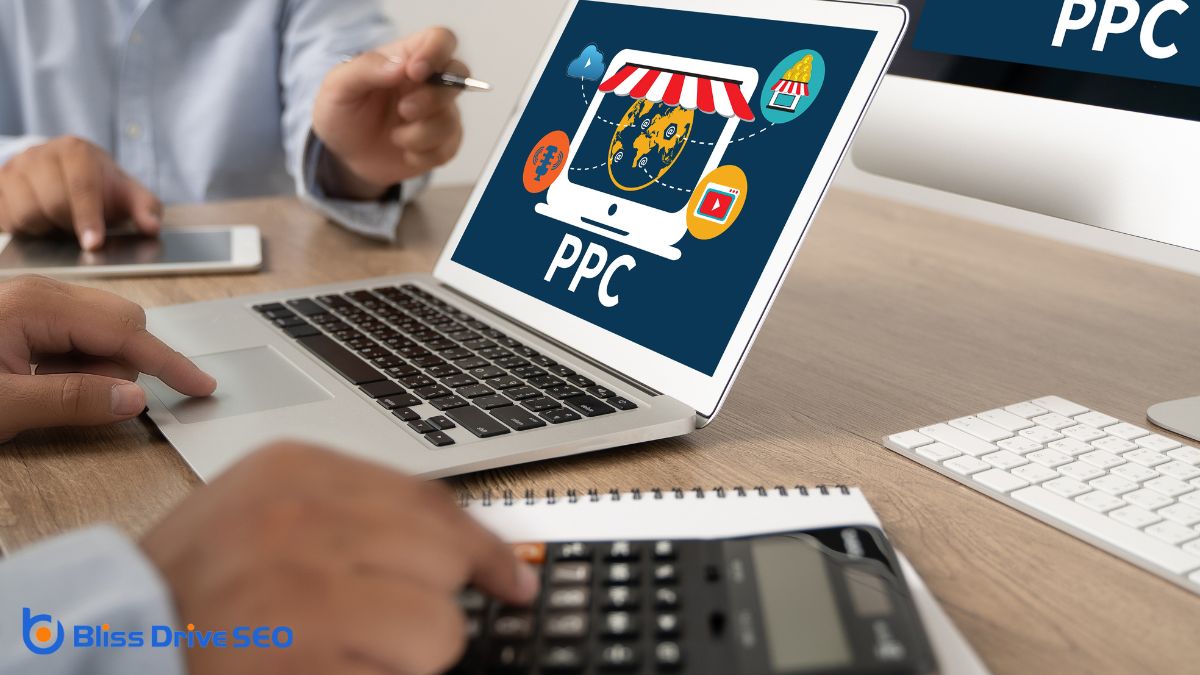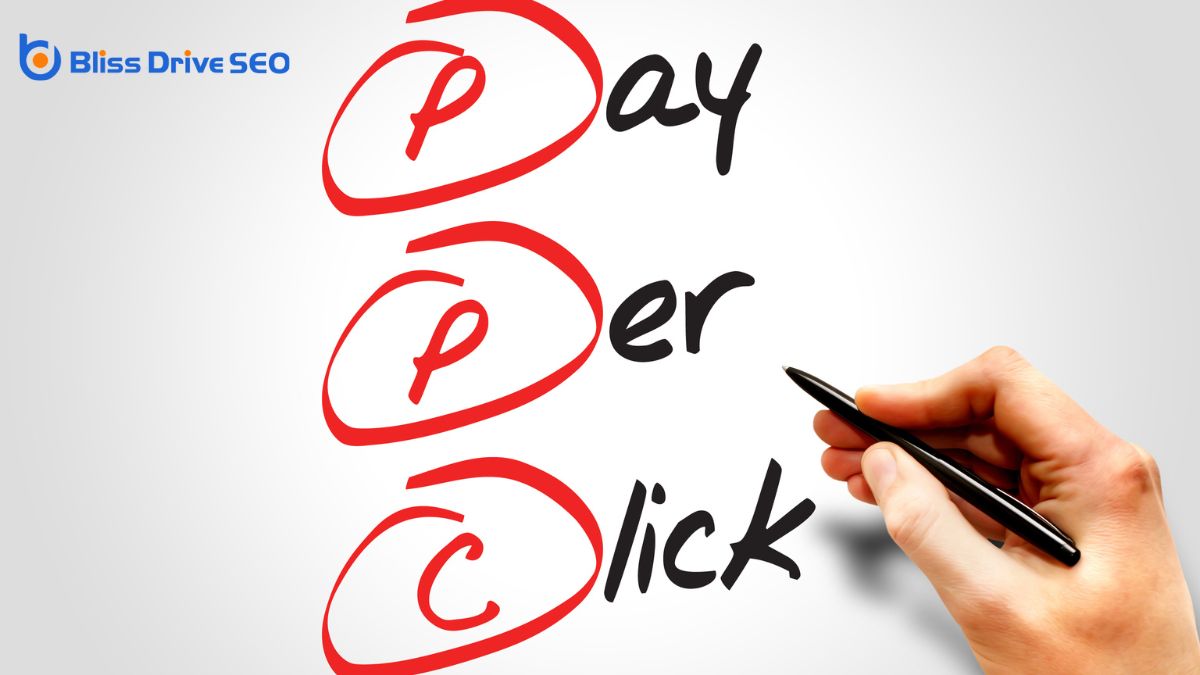Digital Marketing Services
Learn More About Us

Advertisers pay for Pay-Per-Click (PPC)An online advertising model where advertisers pay a fee each time their ad is clicked. advertising each time a user clicks on their ad. You decide how much you're willing to pay by bidding for keywordsWords or phrases that users type into search engines to find information.. Factors like ad quality and daily budget also play a role in costs. Platforms use algorithms to balance competition and user experience, impacting the price. Fundamentally, your strategy affects how much you spend, and consumer engagementThe interactions that users have with a brand’s content on social media. helps shape it. Discover more about these dynamic elements and their impact.

When it comes to pay-per-click (PPC) advertising, advertisers play an essential role in determining the costs involved. You need to understand that your choices and strategies heavily influence the expenses you incur.
First, selecting the right keywords is vital. You're deciding which words trigger your ads, and popular terms often come with higher costs due to competition.
Additionally, the quality of your ad copyThe text or content of an advertisement. and landing page affects your cost-per-click (CPC). A well-crafted ad can improve your quality scoreA metric used by Google Ads to measure the relevance and quality of keywords and ads., potentially lowering costs.
Budgeting is another key factor. You decide how much you're willing to spend daily, impacting your ad visibility.
While advertisers focus on keywords, ad copy, and budgeting to manage costs, understanding the bidding process is equally important.
In pay-per-click (PPC) advertising, you don't pay a set price for ad placement. Instead, you participate in a dynamic auction where your bid competes against others. Your bid represents the maximum amount you're willing to pay for a click.
However, it's not just about who bids the highest. Ad platforms often consider the quality and relevance of your ad and landing page. This combination determines your Ad RankA value used to determine the position of an ad on the SERP., which influences your ad's placement and cost.
Ad platforms wield significant power over PPC pricing, affecting how much you'll pay for advertising. They determine costs by setting the rules of the auction-based system, where advertisers bid for ad placement.
The platform's algorithms consider factors like ad quality, relevance, and competition. You might think a higher bid guarantees a spot, but that's not always the case. Platforms aim to optimize user experience, so a well-crafted, relevant ad can sometimes trump higher bids.
Additionally, platforms adjust pricing based on demand. If many businesses target the same audience, costs rise.
Understanding these dynamics helps you strategize more effectively. By focusing on ad quality and relevance, you can potentially lower your costs while reaching your desired audience without breaking the bank.
You mightn't realize it, but consumers play an essential role in the pay-per-click (PPC) ecosystem. When you search online, your clicks on ads signal to businesses that their advertising is effective.
This consumer behavior helps companies gauge which keywords and strategies resonate with their audience. Advertisers adjust their campaigns based on your interactions, influencing the demand for certain keywords, which can drive up costs.
Additionally, the products you buy and the services you use are often priced to include marketing expenses, including PPC. So, while you're not directly paying for those clicks, your purchasing choices and online behaviors indirectly support the entire system.
It's a cycle where your engagement helps shape the online advertising landscape.

Understanding how consumers indirectly contribute to PPC costs provides a foundation for examining the return on investment (ROI)A measure of the profitability of an investment, calculated by dividing the net profit by the cost o... for businesses.
By analyzing ROI, you can determine if your PPC campaignA set of ad groups sharing a budget, targeting options, and other settings. is worth the expense. To evaluate ROI effectively, consider these key elements:
These insights help you decide whether to adjust your strategy or continue investing.
A positive ROI means your campaign is generating more revenue than it costs, indicating effective use of your marketing budget.
In the world of pay-per-click, you're at the center of it all. As an advertiser, you drive costs through bidding strategies while platforms set the pricing rules. Consumers, though not directly paying, contribute by engaging with ads, influencing demand. It's essential to analyze the return on investment to guarantee your efforts are worthwhile. By understanding these dynamics, you can effectively navigate the PPC landscape, optimizing your campaigns for maximum impact and value.
